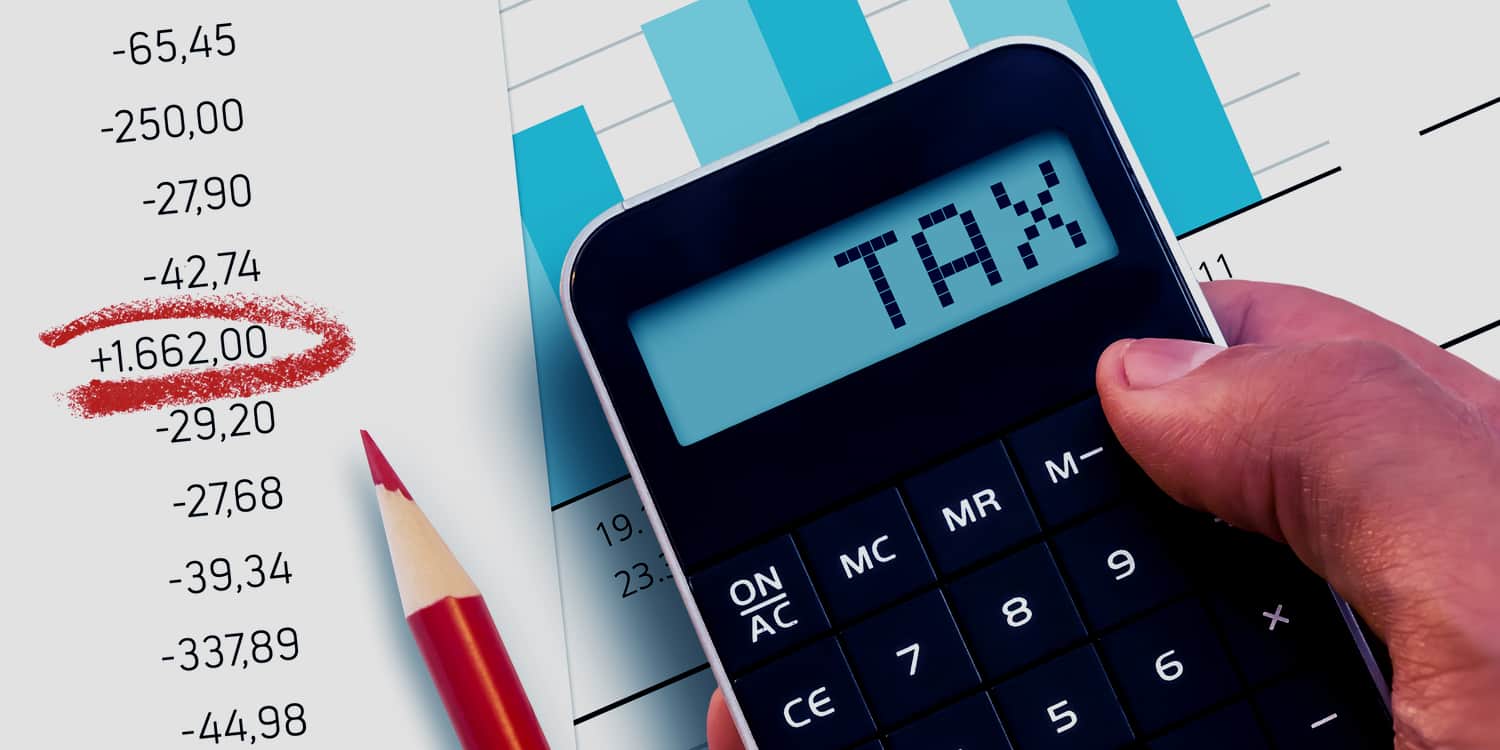Annual company tax filing in Denmark
Annual tax filing is a critical responsibility for companies operating in Denmark. To maintain compliance and avoid penalties, businesses must understand the various requirements, deadlines, and processes involved. Annual company tax filing in Denmark ensures regulatory compliance. The process involves understanding legal requirements, adhering to deadlines, and implementing strategies that ensure compliance while simplifying annual tax reporting.
Understanding the Danish annual company tax filing system
The Danish tax system plays a key role in ensuring that businesses operate in a transparent and responsible manner. As part of this system, companies are required to submit their financial statements and tax returns annually. This process guarantees that businesses pay the correct amount of corporate tax based on their activities and earnings throughout the year.
When filing taxes in Denmark, there are several important points to consider:
- Mandatory filing: Every registered company, regardless of size or profitability, must submit an annual corporate tax return.
- Digital submission: The Danish Tax Agency requires that tax returns be filed electronically through platforms such as TastSelv.
- Financial year: The period for filing taxes is based on the company’s financial year, which may not necessarily align with the calendar year, depending on the company’s chosen reporting period.
In Danish tax laws, accuracy and compliance are crucial. To ensure businesses meet these standards, they should:
- Keep detailed financial records throughout the year.
- Make sure their financial statements adhere to Danish accounting standards, such as IFRS or Danish GAAP.
- Include all taxable income, deductions, and allowances in their tax returns.
Failure to comply with these regulations or submitting inaccurate information may lead to audits, penalties, or increased scrutiny from the Danish Tax Agency.
Proper documentation is essential for a smooth filing process. This includes:
- Invoices and receipts to track income and expenses.
- Payroll records to ensure accurate reporting of employee wages, benefits, and taxes.
- Asset registers to track company assets and their depreciation.
By following these practices, companies can make the filing process easier and reduce the risk of errors.
A comprehensive Danish corporate annual financial report usually includes:
- Profit and loss statement
- Balance sheet
- Notes on significant financial items
- Management report (for larger companies)
- Auditor’s report (if applicable)
These components are vital to ensure the accuracy and compliance of financial reporting with Denmark’s standards.
Key deadlines for annual settlement of a business in Denmark
Meeting deadlines is very important when handling Danish annual company tax filing. The primary deadlines include:
- Submission of annual financial report: Companies must file their financial report with the Danish Business Authority (Erhvervsstyrelsen) within six months after the end of the financial year. For example, if a company’s financial year ends on December 31, the report must be submitted by June 30 of the following year. This report ensures transparency and accountability, providing a comprehensive overview of the company’s financial performance.
- Corporate tax declaration: The deadline for submitting the corporate tax return typically falls on July 1 of the following year, though specific dates may vary depending on the company’s financial year or extensions

